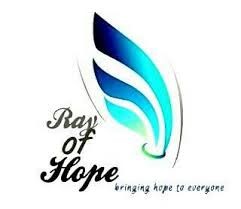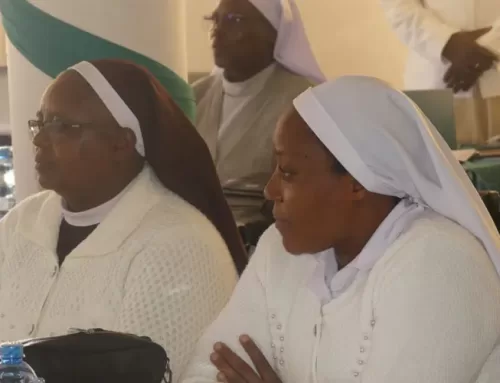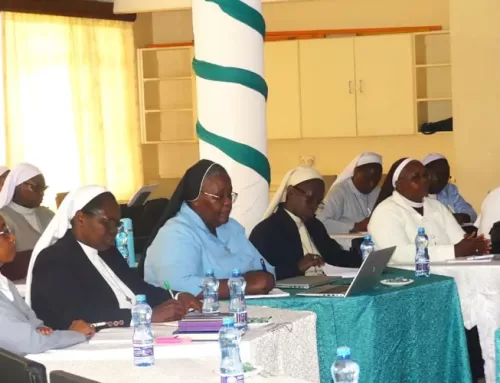
Across Africa, a growing concern is emerging: the well-being of elderly and infirm sisters in consecrated religious communities. Congregational leaders are actively seeking solutions to ensure a brighter future for these valued members.
The Importance of Elder Care
Pope Francis himself has highlighted the critical need to support elderly consecrated individuals, referring to their nursing homes as “shrines of holiness” ([NCR Staff, Oct 2013]). His call to action resonates deeply in this context. Many religious communities struggle to provide for their elderly and sick sisters, facing challenges such as:
• Limited financial resources to meet basic needs
• Inadequate access to appropriate medical care
• Nutritional deficiencies
• Lack of specialized equipment to support the specific needs of the elderly and infirm
• Staff shortages
Collaborative Research Initiatives
A glimmer of hope emerged in response to these pressing concerns. The Conrad Hilton Foundation, the Center of Applied Research in Apostolate, and the Center for Research in Religious Life and Apostolate in Africa (CERRA-Africa) joined forces to conduct a comprehensive study on elder care within African religious communities.
This research, conducted in 2022 across five countries (Ghana, Kenya, Malawi, Uganda, and Zambia), assessed the current state of elder care in Roman Catholic female congregations. The findings proved to be a turning point, providing valuable information to congregations and their leaders. This newly acquired knowledge empowered them to develop improved care plans for their sick and elderly members.
Dissemination and Impact
The research findings were shared with the leadership of numerous national sister associations. This dissemination process highlighted the potential dangers of inaction and underscored the urgent need for forward-looking planning alongside immediate care solutions. By participating in this study, congregational leaders demonstrated foresight and a commitment to fostering open communication about elder care within their respective associations. All participating congregations recognized the critical importance of supporting the physical, mental, and spiritual well-being of their elderly and infirm sisters. The collaborative efforts documented in this research offer a promising path towards reducing the burden faced by these vulnerable members and their families.
The Enduring Value of Wisdom: Preserving the Legacy
The elderly sisters within these communities possess a wealth of wisdom accumulated over their years of service. Their calm demeanor, stability, and vast experience make them invaluable role models. Senior members offer a unique perspective on important decisions and provide historical context, helping younger generations understand the evolution of ideas over time. Therefore, it is crucial to document and preserve the wisdom of these elders.
Conclusion
The need for effective care for elderly and infirm sisters in African religious communities is undeniable. Congregational leaders are actively seeking solutions through collaboration and research initiatives. These efforts hold the promise of a brighter future for these cherished members and ensure the continued legacy of their vital contributions.


